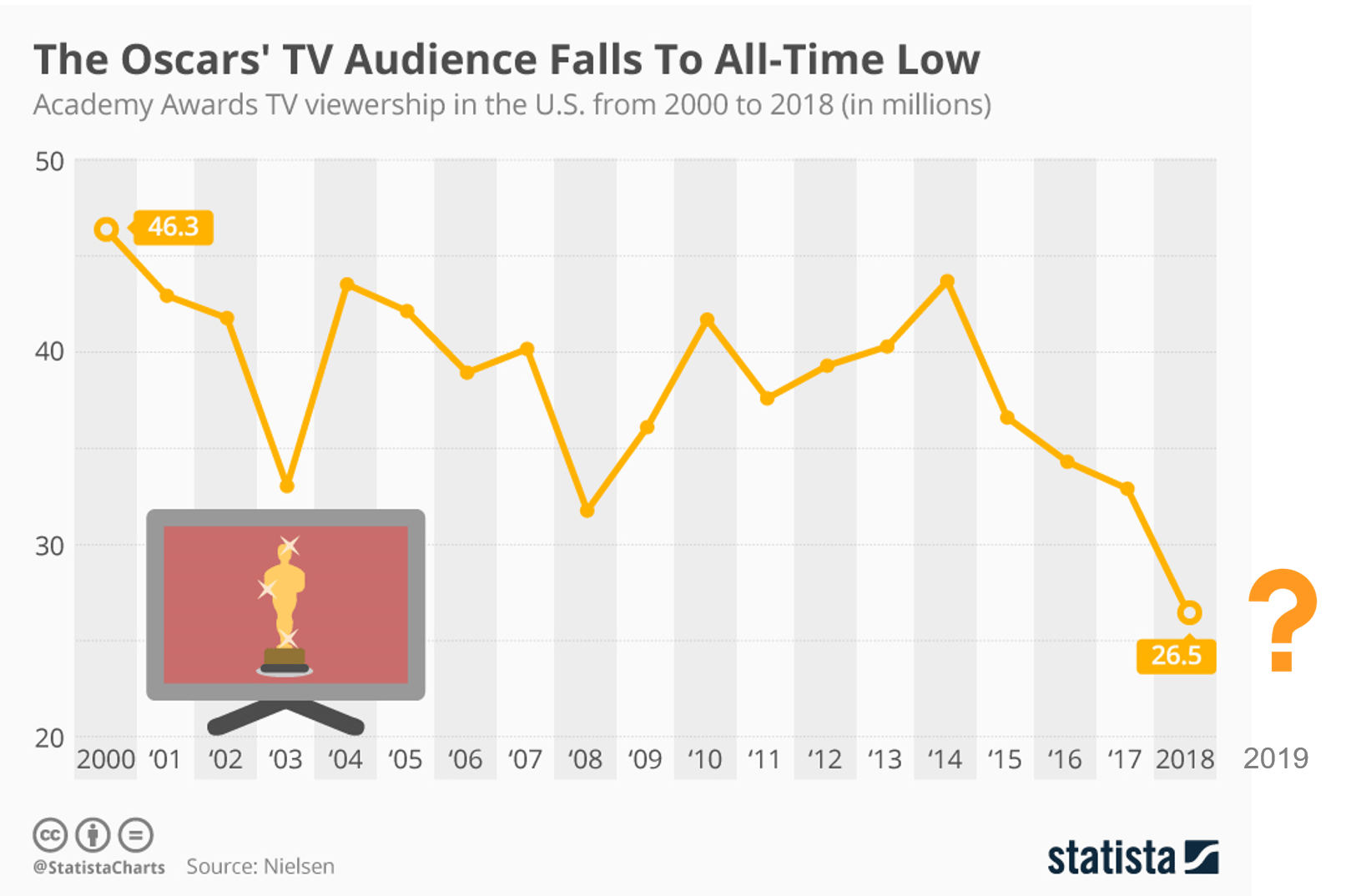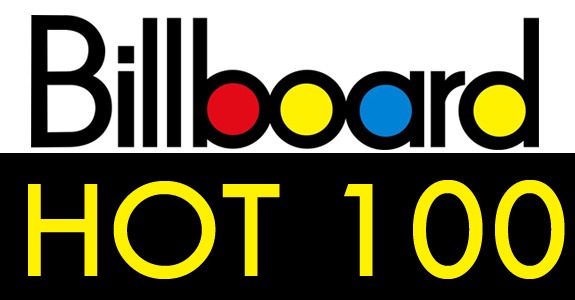
You can learn a great deal about the future by reading about the past – even in the JacoBLOG. A mere six years ago this month, the movie industry was struggling mightily. In the wings was another Classic Rock biopic, this one based on the most successful foursome of all time, the Beatles.
Here we are in 2025, and the movie biz continues to be precarious, thanks to a global pandemic that none of us could have predicted, the devastating strikes in 2023, and the wildfires last month. From crisis to crisis, the motion picture industry finds itself on the media brink once again, hoping this year’s Oscars’ show early next month is the start of a comeback.
And yet, other conditions are much the same. More biopics surrounding music stars have been hits – notably Elvis in 2022, as well as the recent release, A Complete Unknown, based on the life and times of Bob Dylan. And this month, it’s Becoming Led Zeppelin, a long-awaited film that has had Classic Rock fans on the edge of their seats for many years.
I talked about the cultural and generational appeal of the music and these films back in 2019 in this #TBT post, as I continue to today. It’s a fascinating story that breaks a lot of rules. while railing against conventional wisdom. And of course, that’s often the way it works with great art. It defies logic and what the critics often claim. This post about pre-pandemic American radio holds up very well even though a lot has happened during these last six years.
The song remains the same. – FJ
February 2019
The movie industry has been hard-pressed in recent years to win over the America public, increasingly comfortable with sitting at home in their comfortable media rooms, watching a seemingly endless supply of shows, series, documentaries, and movies on Netflix.
Who would be surprised to see another “meh” audience response for the Oscars this coming Sunday night, as well as mediocre ratings? The movie industry is going through more than just a tough patch.
The chart below from Statista shows the downward trajectory of Oscar night ratings. If you were the PD of this show, you likely would have been shown the door years go.

These days, it’s all about what’s on television. The biggest stars and some of the most compelling and entertaining content is readily available on TV. Consider the Netflix film released late last year, Bird Box starring Sandra Bullock, drew a TV audience larger than any motion picture released in the theaters last year.
And there’s no end in sight. More than 500 scripted shows were created and produced in 2018 by the three broadcast networks, cable channels, premium channels, and of course, streaming on-demand platforms that include Netflix, Hulu, and Amazon Prime – and a growing cast of others.
If you’re in the movie business, you’ve got to pick and choose more carefully than ever before, learning your lessons from hits and misses – the films that have stiffed as well as those that managed to beat the odds and turn a big profit.
This past year, Bohemian Rhapsody had to be the standout. Whether it takes home a gold statuette or two this Sunday or not, the story of Queen and Freddie Mercury has become the most successful music biopic of all time. And as is always the case in the film industry, studios, producers, and writers have taken note.
Later this year, the next in what is becoming its own genre, Rocketman will be released, “based on a true fantasy” about Elton John. Played by Taron Egerton (Kingsmen), the talented actor plays the role of Elton – and actually sings the songs featured in the film.
Not every one of these music biopics will enjoy the same success as the Queen film, but there are some great stories yet to be told in the annals of Classic Rock. And on the big screen, they can become like “Behind the Music” on steroids.
Here’s the trailer for “Rocketman.”
As interesting as Rocketman looks, I was recently taken by a trailer for a new film set for release early this summer – Yesterday.
It is tag-teamed by a star director/writer duo – Danny Boyle (Slumdog Millionaire) and Richard Curtis (Love Actually), so it’s got a good pedigree for a hit Rom Com.
And like a lot of plots these days, it falls in the “What if?” category. On the serious side, a number of you have probably seen The Man in the High Castle on Netflix, which is all about what America would be like if the Japanese and Germans had won World War II.
Steven King’s novel, 11.22.63 was adapted into a what if Hulu film, reimagining James Franco going back in time to thwart the assassination of J.F.K.
Yesterday looks to be a fun, sweet film based on this bizarre premise: What if there was only ONE person on earth who remembered the Beatles?
Here’s the 3-minute trailer (which seemingly gives away much of the film’s plot) that frames up this what if fantasy.
None of us can predict whether Yesterday and other twists on these Classic Rock themes will enjoy the success of Bohemian Rhapsody.
But there will be more attempts leveraged on the power and mass appeal of the music. And lest you think these films are geared toward the aging Baby Boomers who grew up with the Fab Four, think again.
A new research abstract suggests there’s evidence to support the notion these types of films will attract a much broader audience – well, beyond, say, Beatles fans. The recently published study – “Who remembers the Beatles? The collective memory for popular music” used sophisticated research techniques to investigate recognition of music by generations across decades.
Among the questions the researchers tackled: What are the songs that stand out and are recalled by consumers of all ages? What eras are most memorable? And what role might streaming have in familiarizing songs to consumers?
The study was recently conducted by an NYU research team among 643 New Yorkers, and used Billboard charts to randomly select two of the top songs from each year during the span of 1940-2015. The researchers also attempted to correlate whether Spotify airplay of these songs might affect recall. Like a radio station music test, the researchers played respondents song hooks to measure familiarity and recognition. 
Among other findings, the one that jumps off the page is that Millennials are more apt to recall music from 1960-1990, rather than the songs they grew up with here in the 21st century.
This idea that music from the past – songs that were written and recorded even before they were born – generates more recognition among Millennials than some of the biggest hits of the past several years is a big takeaway. And Spotify streaming patterns seem to have very little to do with the recall of hit songs from various eras.
How do the researchers explain this phenomenon? After exhausting scientific rationales for the recall of older music, they drew this conclusion:
“Taken together, the most compelling interpretation supported by our data is the notion that the period from the 1960s to the 1990s was a special time in popular music history. During this period, we observe an extended plateau characterized by relatively high recognition that is surprising given prior research on collective memory.”
The researchers add that in order to determine whether music from this era was “truly special,” a follow-up in another 30 years or so would be useful.
I can save them the time, the expense, and the trouble.
Music from this era was spectacularly good, and that’s an understatement. And that goes a long way toward explaining why it has connected with a mainstream audience of all ages and backgrounds – including many who were not alive when the music was released.
Last year, we witnessed something special. A lot of people of all generations saw Bohemian Rhapsody – and in the process, “discovered” Queen. The band has been a favorite among those who’ve listened to Classic Rock radio for decades now. But it took a hit movie to literally “break the band” again in 2018, exposing their music to new fans.
What, if anything, does this trend suggest for radio? Stations in the Classic Rock family should take note of the success of films like Bohemian Rhapsody (and perhaps a deluge to come), and  go beyond testing the same lists of 600 hooks every year. Go deeper on bands like Queen that suddenly find themselves exposed in mainstream culture – film, streaming, social media, and beyond.
go beyond testing the same lists of 600 hooks every year. Go deeper on bands like Queen that suddenly find themselves exposed in mainstream culture – film, streaming, social media, and beyond.
Anticipating how mass appeal films will perform prior to their release is a crap shoot. But without any data, my best guess is that Queen’s library on Spotify enjoyed a noticeable bump in streams last year.
Tie-ins with these films for the premieres or private showings are also a no-brainer, bringing a sense of “currency” to radio stations that musically have very little.
It’s hard to say whether every rock band will have its day in the sun – on the screen. It’s hard to imagine biopics for Judas Priest, Pat Benatar, or Thin Lizzy.
But a film about Pete Best, the Beatles one-time drummer who was fired and replaced by Ringo Starr shortly before the group made it big could be riveting.
Or a biopic about Norman Greenbaum – rock’s quintessential one-hit wonder for “Spirit In The Sky” – would likely be highly entertaining. There is no shortage of great stories from the history of Classic Rock, many of which could make successful films.
So, will we start hearing more Beatles songs everywhere this summer – and of course, on the radio?
Don’t bet against it.
A quicker and easier read on this study was published last week in The Daily Mail – “Millennials are better at identifying songs made in the 1960s than they are at recognising tunes made today.” You can access it here.
And I promised a follow-up to our “Radio’s Transition to Digital: Like Turning The Queen Mary” post last week. It runs tomorrow due to the Presidents’ Day holiday.
- It’s The Christian (Radio) Thing To Do - June 3, 2025
- Is It Time For Radio to WAKE UP?! - June 1, 2025
- For Radio, The Perils Of Rebranding - May 30, 2025





Excellent TBT and the note about A Complete Unknown, leading into today’s Throw Back made me flashback to the release of the film and how I couldn’t wait to see it. One of the few films I’ve seen in aa theatre since the pandemic. The story was so special as it brough back memories of my older siblings listening to Dylan’s music as currents. Thanks for sharing this Fred. Playing on this emotion is one that radio seems to have devalued of late.
Most of these stories about our favorite music heroes are loaded with drama, redemption, tragedy and everything in between. The fact the Dylan flick got you innto an actual movie theater is a tribute to the artist and the genre. Thanks for the kind comment.
Movie Trailers were great on radio. So are the movie music hits. Play The Classics! Happy World Radio Day.
i knew I was forgetting something today, Clark. Happy World Radio Day to you, too!
Great timing with this article and the title.
OnThisDay.Com is reporting that, on this day in 1967, Capitol Records released the Beatles’ double “A” side single “Penny Lane” & “Strawberry Fields” in the US
Total coincidence. Plus remember, there’s a great Beatles memory pretty much 365 days a year. What other band can say that/
Excellent TBT and too true. I have to wonder why. As Mike McVay put it “Playing on this emotion is one that radio seems to have devalued of late.” The connection of music that spans generations is what leads me to have a friendship with a now white-haired Gen Xer whose reference point is his father’s Classic Rock record collection. Why I went to see Bohemian Rhapsody in LA with a Millennial female artist in LA I was managing when you wrote the original prescient blog post. The Daily Mail backs up our observations. The impact of the music made 1960s-1990s relate to those born after the Boomers. The generations still in the 25-54 demo. Every week, I know they’re listening.
Regarding Pete Best and (especially) Stuart Sutcliffe, there was the 1994 drama Backbeat. It had a soundtrack that featured a band of notable Alternative/Modern Rock artists of the day essentially performing as the Beatles of the film’s era.
https://en.wikipedia.org/wiki/Backbeat_(film)
I have a vague recollection of this, Eric, but thanks for the reminder. And now I’m wondering about the “Marianne Faithfull Story.” Do we call it “As Tears Go By” or just “Faithfull?” What do you think?
There’s no reason that both couldn’t be incorporated. That said, glancing at her discography, Broken English (her late-’70s comeback album) might also be a good title here.
Good one!